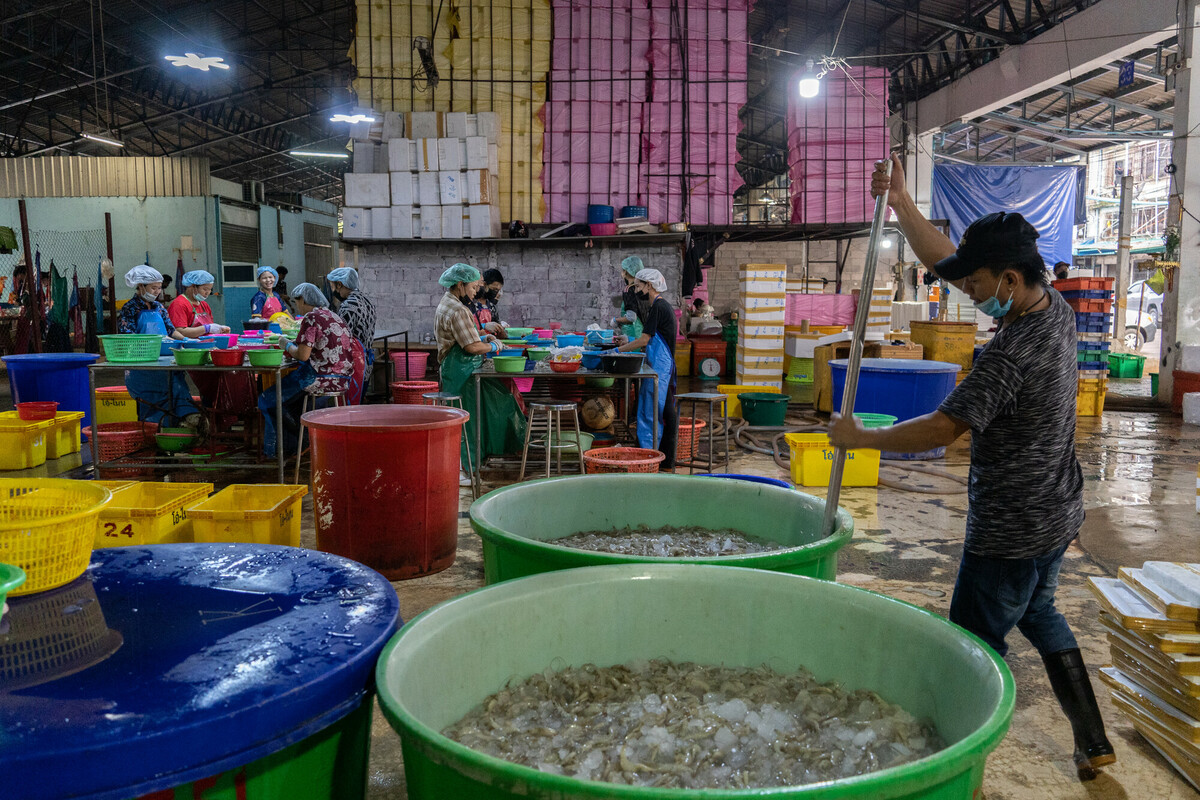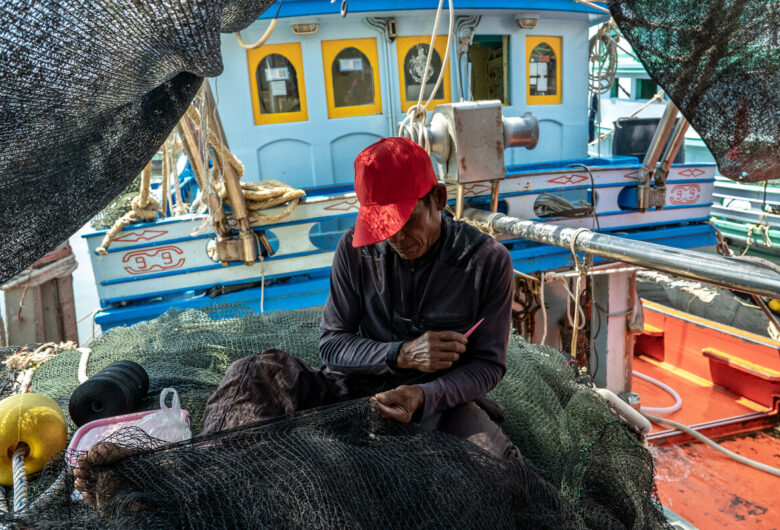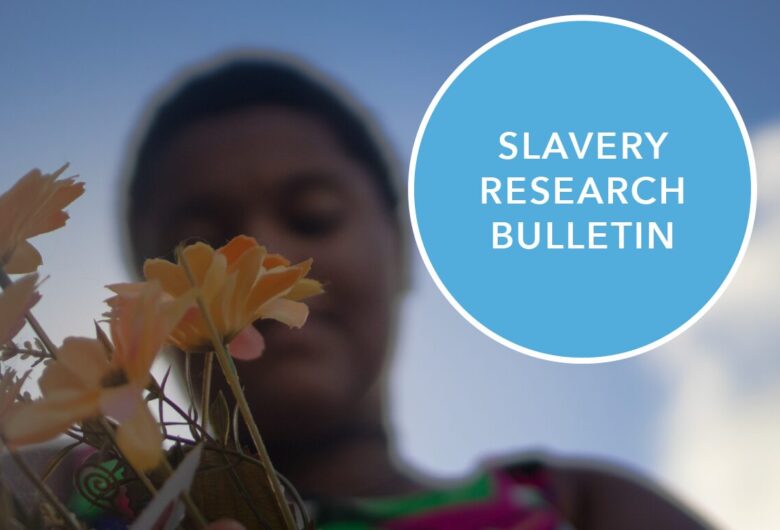Welcome to the Freedom Fund’s monthly bulletin designed to bring you new and compelling research from the global anti-slavery movement.
The landscape of child domestic work in Liberia and Nigeria
NORC at the University of Chicago and The Freedom Fund examine the scale and nature of exploitative child domestic work in Liberia and Nigeria. The studies involved surveys and interviews with over 3,000 child domestic workers (CDWs) and employers/caregivers across both countries. Roughly four out of five CDWs interviewed (88.9 percent in Nigeria and 76.4 percent in Liberia) reported working conditions that contravene domestic labour laws. Additionally, the vast majority of CDWs (96.7 percent in Nigeria and 94.9 percent in Liberia) reported conditions that equate to the worst forms of child labour, with over three-quarters involved in hazardous forms of work.
International Labour Organization (ILO)’s updated guidance on measuring forced labour
The ILO updates its guidance on forced labour measurement in the third edition of the “Hard to See, Harder to Count” handbook. This edition incorporates guidelines from the International Conference of Labour Statisticians and lessons from forced labour prevalence surveys conducted since 2018. The guidance presents revised indicators of forced labour and highlights ethical concerns associated with gathering data from current victims of forced labour, interviewing in workplaces, as well as using potentially distressing languages. It also discusses state-imposed forced labour and advises researchers to consider observations made by the international human rights community as a starting point for the investigation.
Social case management services could result in behavioural change among survivors
Texas Christian University leads a study to assess the efficacy of social work case management services in supporting youth survivors of commercial sexual exploitation (CSE) in the United States. Drawing from case data of 95 cisgender girls who were receiving services from an agency in North Texas, the study found a statistically significant link between survivors’ perceived social support and their readiness to exit CSE. The researchers highlight the importance of skills classes and psychoeducation, structured goal-setting check-ins, and solution-focused group counselling in strengthening survivor’s intention and ability to exit CSE.
Perspectives of adult entertainment venue owners on CSEC in Nepal
The Institute of Development Studies explores the motivations of venue owners in the adult entertainment sector (AES) in Nepal, an industry known for the commercial sexual exploitation of children (CSEC). Based on the perspectives of 23 business owners in Kathmandu, the study examines the ways in which these venues are involved in CSEC. While some businesses play a more overt role in arranging and profiting from the transaction, others allow workers to make their own arrangements. Owners cited increased earnings, the ease of recruiting young girls via social networks, absence of identity documents and high labour mobility within AES as the prevailing factors for involving children in sexual services.
Accelerating Threat of Organised Crime Groups in Southeast Asia
The United Nations Office on Drug and Crime (UNODC) sheds light on the criminal landscape in Southeast Asia, focusing on the links between illegal online gambling, cryptocurrency exchanges, money laundering and human trafficking. Through document reviews and consultations with criminal intelligence experts, the report reveals how organised crime groups are harnessing technology to expand their activities. With over 340 casinos in the region expected to grow into a USD 204 billion industry by 2030, factors such as rising youth unemployment, underregulated special economic zones, and weak law enforcement in autonomous regions and conflict zones are further fuelling these illicit operations.
Read on
Research led by Austin Peay State University investigates trends and regional disparities in human trafficking, drawing on a global dataset from the Counter-Trafficking Data Collaborative (CTDC) that spans over twenty years.
St Mary’s University explores how cultural norms influence the prevention of and responses to modern slavery, using the Albania-UK corridor as a case study. The report promotes the adoption of the Cultural Competence and Compassionate Care model, originally developed for the healthcare sector.
A study led by the Vienna University of Economics and Business assesses the role of non-governmental and worker rights organisations in improving supply chain practices in the Thai seafood sector.
Freedom Fund news
The Freedom Fund is providing up to USD 20,000 in trust-based grants to survivor-led organisations in Bolivia, Brazil, and Colombia. Apply by 8th April.
Visit our Newsroom for more updates.
Research library
Visit our Slavery Research Library to access anti-slavery resources from across the globe.
Contact
The Slavery Research Bulletin is produced monthly by the Freedom Fund, a global fund with the sole aim of helping end modern slavery.
Research being featured in this bulletin does not equal endorsement by the Freedom Fund.
Click here to sign up to the Slavery Research Bulletin mailing list.
Photo credit: Jittrapon Kaicome / The Freedom Fund



